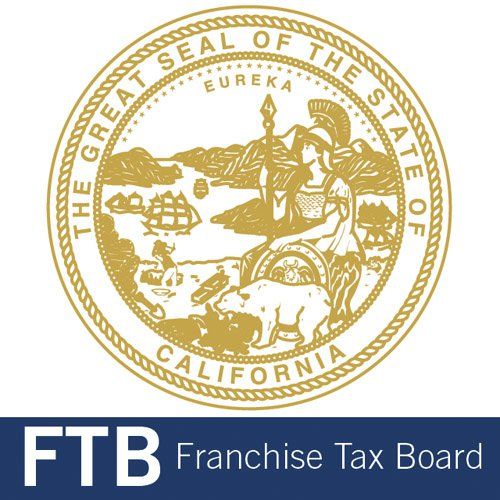The Franchise Tax Board announced it is accepting 2015 state tax returns for a filing season that extends through April 18, three days beyond the traditional deadline because of a federal holiday.
Starting with calendar year 2015 tax returns, California is offering its own Earned Income Tax Credit which is in addition to the existing federal EITC.
The Cal EITC is refundable, meaning that taxpayers will receive a refund if the credit is greater than taxes owed. The credit is available to California households with adjusted gross incomes of less than $6,580 if there are no qualifying children, less than $9,880 with one qualifying child, or less than $13,870 with two or more children.
Unlike the federal EITC, California’s credit is based only on income reported on a W-2 form, such as wages, salaries, and tips, and was also subject to California withholding. Income from self-employment cannot be used to qualify for the state credit.
Standard Deduction and Exemption Credit Increases
The standard deduction for single or filing separately tax statuses for the 2015 tax year increased to $4,044. For joint, surviving spouse, or head of household filers, the deduction grew to $8,088.
The dependent exemption credit increased to $337 per dependent. The personal exemption amount for single, filing separately, and head of household filers increased to $109. For joint or surviving spouses, the exemption grew to $218.
Disaster Relief
When the Governor declares a disaster area to be in a State of Emergency, affected taxpayers may claim a disaster loss in either the year the disaster occurred or the prior year. The latter option can generate a quick refund by reducing or eliminating the previous year’s tax liability.
Taxpayers who have already filed returns for the preceding year can claim a disaster loss against that year’s income by filing Form 540X, Amended Individual Income Tax Return Form.
A new law created by Senate Bill 35 automatically allows loss claims any time the Governor declares a State of Emergency between January 1, 2014, and January 1, 2024. Previously, taxpayers could only get relief if the President declared a disaster or the Legislature approved a special measure.
Services
The Franchise Tax Board has enhanced the MyFTB website to provide greater access to online tax services. Once registered for the program, taxpayers can use the site to:
– Send a secure message to FTB staff or chat online with an FTB representative.
– Skip an installment agreement payment.
– Protest an income tax audit.
– Access helpful tax calculators.
– File a Power of Attorney (POA) declaration.
Walk-in service is still available at six regional field offices weekdays between 8:00 a.m. and 5:00 p.m. The field offices are in Los Angeles, Oakland, Sacramento, San Diego, San Francisco, and Santa Ana.
Cash payments are no longer accepted at field offices, but taxpayers may still pay using MasterCard, Visa, American Express, Discover, debit card, check, cashier’s check or money order. A service fee of 2.5 percent is charged for credit card transactions.
FTB administers two of California’s major tax programs: Personal Income Tax and Corporation Tax. FTB also administers other non-tax programs and delinquent debt collection functions, including delinquent vehicle registration debt collections on behalf of the Department of Motor Vehicles, and court–ordered debt. Annually, FTB tax programs collect more than 65 percent of the state’s general fund. For more information on other taxes and fees in California, visit taxes.ca.gov.












